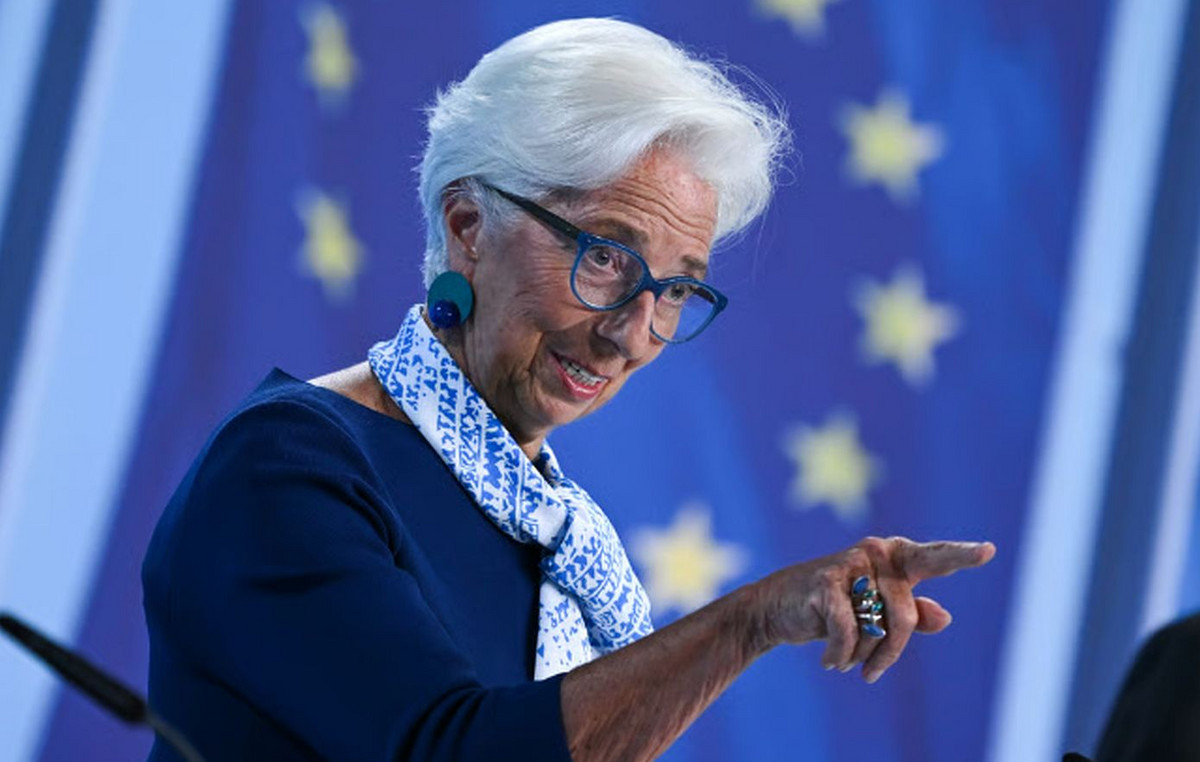A survey conducted in April showed that 90% of Brazilians over 18 who have internet access believe that adolescents do not receive the emotional and social support needed to deal with the digital environment, especially social networks. A thousand Brazilians connected from all regions and social classes, 18 years old or older, were heard in the survey.
The margin of error is 3 percentage points for the total sample, considering a confidence interval of 95%.
According to the survey, 9 out of 10 Brazilians believe that young people do not have sufficient emotional and social support, while 70% advocate the presence of psychologists in schools as an essential way to change this scenario.
The survey was conducted by Porto Digital, in partnership with Offise, a company specializing in market studies in Latin America and the Hispanic universe, from the repercussion of a show that approached the dark side of immersed youth in the digital world and the abyss between parents and children.
For 57% of respondents, bullying (intentional and repetitive aggression, which can be verbal, physical, psychological or social, to intimidate a person) and school violence are one of the main challenges of mental health. Also among the main challenges are currently faced by young people depression and anxiety (48%) and aesthetic pressure (32%).
In the assessment of the President of Porto Digital, Pierre Lucena, the adolescence series, presented by the Netflix streaming network, highlighted the need to debate the issue.
“Care for youth must be a shared commitment that involves schools, families, companies and governments. This research shows that it is not enough to discuss technological innovation-it is necessary to humanize it and put it at the service of society,” he said. “The future of innovation is directly linked to the way we take care of our young people. It is not enough to boost technological advances – it is essential to create bridges between technology and real social transformation,” he said.
Research shows that one of the tools used by parents is control of internet browsing time. According to the study, among children up to 12 years old, control tends to be more rigid and constant, including the use of monitoring mechanisms. However, only 20% of parents responded that they intend to use a control tool in the future.
Among adolescents aged 13 to 17, supervision tends to decrease. Parents still accompany, but more flexibly, allowing greater autonomy.
For offering director Julio Calil, the scenario shows the need to develop welcome and guidance spaces for both parents and children as alternatives for protection in the digital environment.
“The results of the research show us that the population sees the need for a joint effort to create safer and supporting spaces in schools, especially in the face of early and intense use of social networks,” he said.
Platforms
Recently, major digital platforms have modified their rules to restrict or exclude the moderation of content published on the Internet, making it difficult to identify accounts or publications with content considered criminal.
For the deputy professor of psychology at the Federal University of Pernambuco, Luciano Meira, such a decision seems to prioritize commercial and political interests of the owners of the networks.
“This decision diminishes the social responsibility of big techs, corporations, platform controlling organizations. This has a direct impact on hatred proliferation, misinformation, harmful content in various layers, especially among vulnerable populations. Very young people are more exposed to inappropriate content without this moderation and, of course, when it comes to misinformation, this attacks institutions and democracy itself,” he said.
At the other end, the Federal Supreme Court (STF) is judging the constitutionality of article 19 of the Internet Civil Marco (Law 12.965/2014), according to which providers, websites and social networks can only be held responsible for offensive or harmful content posted by users if they fail a court order.
PH.D. In Mathematical Education from the University of California and Master in Cognitive Psychology, it points out that the absence of a decision on the subject can lead to potential judicial overload.
“There may be a considerable increase in court cases precisely because of these preventive actions. So, it is possible to preserve the freedom of expression with responsible moderation. In my view, the position is a rediscussion of Article 19 of the Internet Civil Mark to strengthen what would be social protection, not only of children and young people, but to evaluate what is done with the elderly group today, vulnerable by a whole set of attacks, co -opation to certain types of ideology,” He added.
In addition, in the National Congress, Bill 2,630 of 2020, known as PL of Fake News, the main proposal to regulate digital platforms. The text has already been approved by the Senate and is locked in the House of Representatives. The proposal deals with the civil liability of the platforms and also has elements to prevent the dissemination of illegal and harmful content to individuals or collectivities.
“Regulating these platforms is vital so that we have the maintenance of an online, productive and healthy social space for all people – especially young people and children who have fewer individual protection mechanisms,” he said. “Those who defend the total deregulation of networks certainly have a fragile and inconsistent idea of what is freedom. A restricted freedom without social control destroys, degenerates the foundations of our ability to build and evolve a civilization. So clearly, self -regulation is insufficient, especially when it comes to companies that seek profit through, for example, advertising, trade, the big platforms, the big techs, the big techs.” warned.
While there is no decision on the subject, the teacher considers it necessary to build an environment of trust, at school, family and other spaces where children and young people are welcomed to prevent children and adolescents from being subjected to situations of hate and bullying dissemination, among others.
“The main thing is to build confidence between people. Without building these ties, this relationship based on trust, any of these strategies will not have the desired effects. The first guidance is to establish an open dialogue. So parents, mothers, children and daughters have to somehow establish, maintain, or evolve this confident interlocution.
According to Meira, this environment provides conversations about online risks and also how relationships and social networks are given. “I understand that these are intimate conversations that, based on confidence, can progress in a healthy way,” he said.
Another point defended by the teacher is the establishment of clear limits on the use of the internet and social networks, such as time and relationship types.
“This will not be accomplished, it will not be fulfilled if there is no open dialogue where children and adolescents understand that there is inadequate content and that they need to have a critical sense, have their thinking and forms of reasoning. However, in this age group, they simply cannot capture the risks. So they need an adult who has at least refined intuition to identify forms of cyberbullying, excessive exposure, excessive exposure, excessive exposure, excessive exposure Inadequate, contact with strangers among other types of relationships, ”he said.
Luciano Meira points out that parents and guardians tend to simply restrict or prohibit the use of social networks without a consistent dialogue about why the decision.
“I am sorry to say that those responsible prohibit it in a very autocratic way and that you may have no effect, because there is no absolute control over what happens in the life of absolutely no one. You can establish a participatory monitoring form, in which you seek to know, and this monitoring can be supported, from a technical point of view, including software, with computational applications that you install on the notebook, the desktop or the moving device to have access to this child or young man to have access to this child or young device to have access to this child that is happening in these devices, ”he suggested.
Finally, the teacher states that he should not set aside the real world and exemplifies with the legislation that prohibits the use of cell phones in schools.
“More recently, schools have seen some movement around children build relationships in the physical world. For example, by banning the use of devices in schools, they invite children to an existence that is also offline. In the end, a balance is needed among these worlds so that in the end we have the construction of more lasting social relationships and that gains support in the confidence between people and not just in algorithms,” he concluded.
Popular in networks, “rejection therapy” can aggravate mental health
This content was originally published in adolescents have no support to deal with social networks, says research on CNN Brazil.
Source: CNN Brasil
I am an experienced journalist and writer with a career in the news industry. My focus is on covering Top News stories for World Stock Market, where I provide comprehensive analysis and commentary on markets around the world. I have expertise in writing both long-form articles and shorter pieces that deliver timely, relevant updates to readers.







